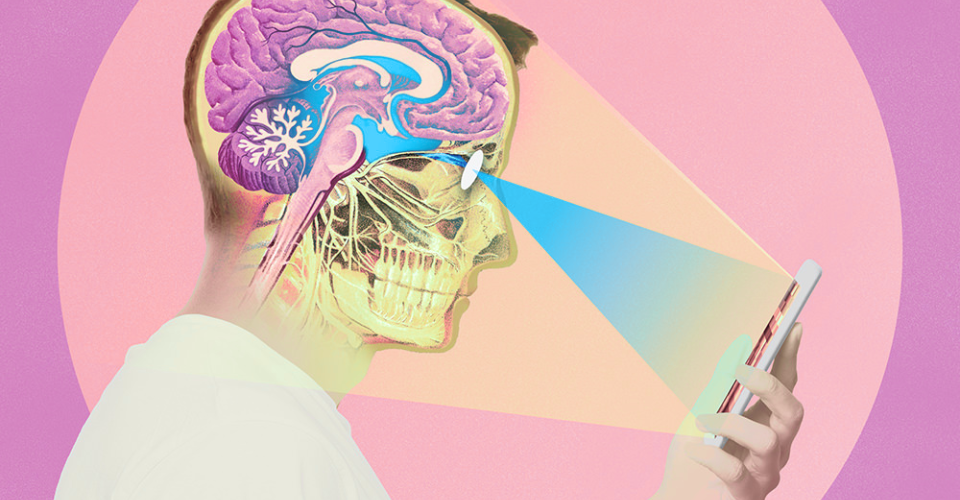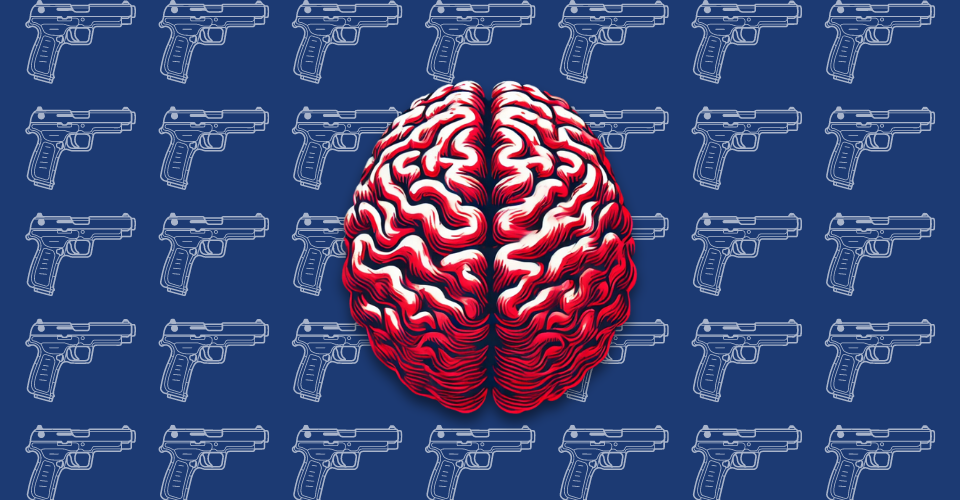In a groundbreaking study, researchers have unveiled compelling evidence that Rumination-focused Cognitive Behavioral Therapy (RF-CBT) is a highly effective intervention for reducing overthinking in adolescents.
This innovative therapy not only demonstrated significant psychological benefits but also revealed remarkable biological effects on the adolescent brain.
The collaborative research effort involved experts from The Ohio State University Wexner Medical Center and College of Medicine, the University of Utah, and the University of Exeter. Dr. Scott Langenecker, the vice chair of research in the Department of Psychiatry and Behavioral Health at Ohio State, and one of the study’s co-authors, initiated this project during his time at the University of Utah.
Adolescent Brain Development and the Role of RF-CBT
Adolescence is a pivotal stage of development marked by maturing brains and the formation of lifelong habits. Dr. Langenecker emphasizes the significance of interventions like RF-CBT in steering adolescents toward a mentally healthy adulthood.
He explains, “We know adolescent development is pivotal. Their brains are maturing, and habits are forming. Interventions like RF-CBT can be game-changers, steering them towards a mentally healthy adulthood.”
What makes this therapy even more groundbreaking is its adaptability and accessibility via telehealth, especially during the early days of the COVID-19 pandemic.
Dr. Langenecker adds, “We were particularly excited that the treatment seemed developmentally appropriate and was acceptable and accessible via telehealth during the early pandemic.”
Addressing Overthinking in Adolescents Leading To Depressive Relapses
The concept of Rumination-focused Cognitive Behavioral Therapy was initially developed by Dr. Ed Watkins of the University of Exeter and had shown promise in treating recurrent depression in adults. The research aimed to adapt this approach for a younger population to prevent the ongoing burden of depressive relapse.
Dr. Rachel Jacobs of Northwestern University, another co-author of the study, elaborates, “As a clinician, I continued to observe that standard CBT tools such as cognitive restructuring didn’t give young people the tools to break out of the painful mental loops that contribute to experiencing depression again.”
“If we could find a way to do that, maybe we could help young people stay well as they transition to adulthood, which has become even more important since we’ve observed the mental health impact of COVID-19.”
The Neurological Shift: Unveiling the Biological Effects
The study’s critical findings emerged from a trial involving 76 teenagers with a history of depression. Participants were divided into two groups, with one group receiving 10-14 sessions of RF-CBT, while the control group received standard treatments. The results were striking: teenagers receiving RF-CBT reported a significant reduction in rumination.
Most notably, functional Magnetic Resonance Imaging (fMRI) scans revealed a reduced connectivity between the left posterior cingulate cortex and regions associated with self-referential thinking and emotional processing. This indicated a notable neurological shift away from ruminative habits.
Exciting Results and the Continuation of Research
This study builds upon a pilot conducted in 2016 and solidifies the earlier findings by showcasing the same brain and clinical effects in the 2023 Utah sample as observed in the 2016 Chicago sample.
Dr. Ed Watkins of the University of Exeter comments on this development, saying, “For the first time, this paper shows that the version of rumination-focused CBT we have developed at the University of Exeter leads to changes in connectivity in brain regions in adolescents with a history of depression relative to treatment as usual.”
“This is exciting, as it suggests the CBT either helps patients gain more effortless control over rumination or makes it less habitual. We urgently need new ways to reduce rumination in this group to improve the mental health of our young people.”
The Future of RF-CBT Research and Its Implications
The next phase of research involves expanding the sample size and introducing an active treatment control group to further confirm the efficacy of RF-CBT.
Research is ongoing across various institutions with a strong focus on increasing access to RF-CBT for teenagers in clinical settings and understanding how it assists youth with related conditions.
Dr. Langenecker underscores the significance of this research, stating, “Our paper suggests a science-backed method to break the rumination cycle and reinforces the idea that it’s never too late or too early to foster healthier mental habits.”
He expresses gratitude to the youths and families who participated in the study for their commitment to reducing the burden of depression through science and treatment, particularly during the challenges of a global pandemic.
The study was made possible with the support of the National Institutes of Mental Health and funds from the Huntsman Mental Health Institute. It is dedicated to researcher Kortni K. Meyers and others who have lost their lives to depression.
This groundbreaking research offers hope for adolescents struggling with overthinking and depressive tendencies, showcasing the potential of RF-CBT as a game-changing intervention for their mental well-being.




























